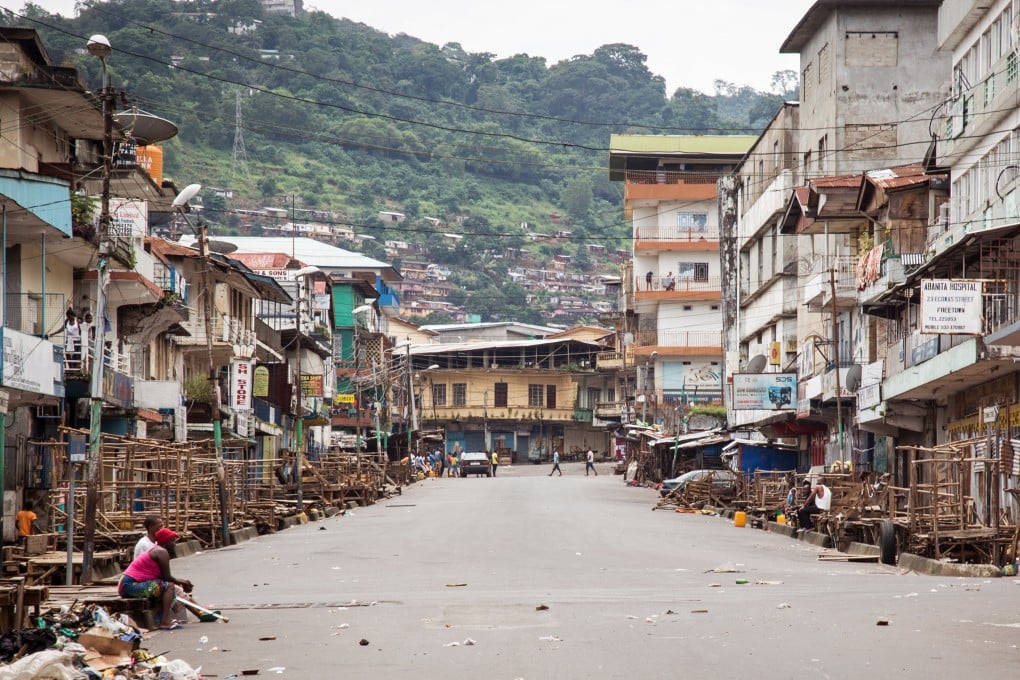Asia's pandemic expertise can help West Africa fight Ebola
Maria Guevara urges Asean to take a bigger role in the global crisis

Ten years ago, I went on my first mission with MSF to Liberia, specifically Monrovia. It was a year after the end of the second civil war. Fighting was still going on in the midst of the UN's disarmament and demobilisation programme.
At the time, Medecins Sans Frontieres was one of a handful of actors providing health care, filling the gap left by a dysfunctional public health system, which had a huge lack of facilities, resources, equipment and manpower. It was a country trying to get its feet back on the ground.
But whatever gains were made in the past decade are now on the brink of collapse as a result of the unprecedented Ebola epidemic.
Since the beginning of the outbreak in March, MSF has been ringing alarm bells but the response from the international community has been slow. Six months later, the situation is catastrophic, with thousands dying. Ebola cases continue to surge, isolation centres are overwhelmed, my colleagues on the ground are exhausted.
Today, in Monrovia, we have to resort to turning away patients who urgently need care because there are no beds or space available.
The public health infrastructure is collapsing, with health workers on the front line becoming infected and dying in shocking numbers. Others have fled in fear, leaving people without care for even the most common illnesses such as malaria or common respiratory tract infections. Pregnant women have nowhere to go to have a safe delivery. Entire health systems have crumbled.
Fear is paralysing everything and food supplies are dwindling as trade and the economy grind to a standstill.